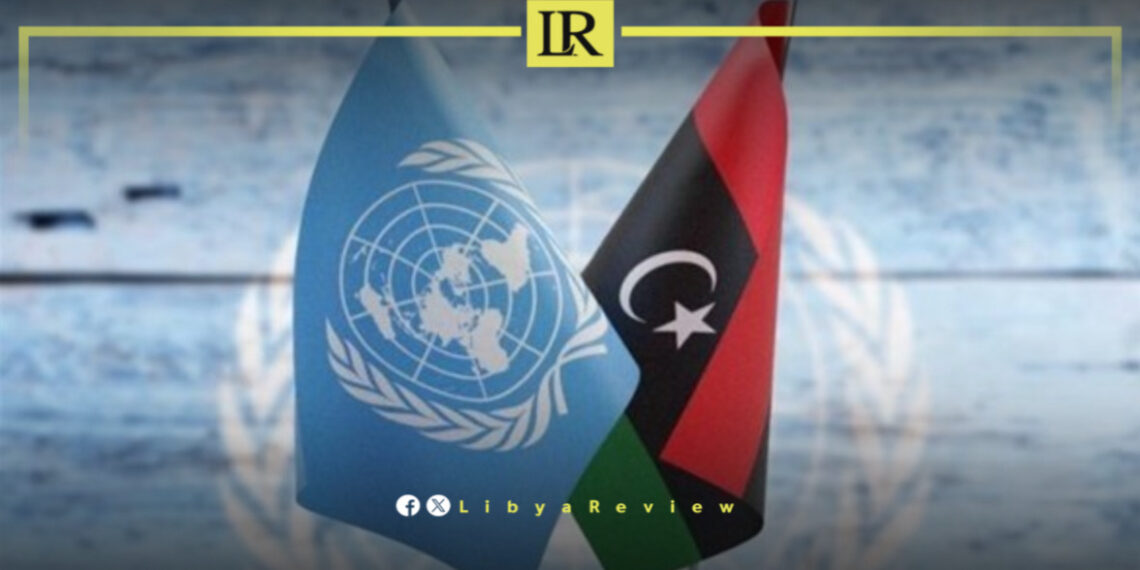The United Nations has presented a new roadmap for Libya designed to end the country’s prolonged transitional phase and create conditions for simultaneous presidential and parliamentary elections.
UN envoy Hanna Tetteh outlined the plan before the Security Council, emphasizing that it would unfold gradually over 12 to 18 months to ensure both credibility and stability.
According to Tetteh, the roadmap is structured around three interconnected pillars. The first involves amending and strengthening the constitutional and electoral framework, both technically and politically, so that elections can be conducted without the flaws that derailed the process in 2021.
The second focuses on forming a new unified government to manage the transition and provide the necessary political, administrative, and security environment for the elections.
The third pillar is launching a structured national dialogue that includes broad participation from Libyan society — civil society, women, youth, and academics — to address long-standing sources of conflict and to develop a shared vision for the country’s future.
Tetteh stressed that the plan incorporates lessons learned from previous failures, particularly the aborted elections of 2021, and includes safeguards against obstruction. She warned that spoilers could face referral to the Security Council if they attempt to derail the process.
Reactions inside Libya reflect both hope and skepticism. Supporters see the roadmap as more pragmatic than earlier initiatives, with its step-by-step approach avoiding the risks of rushing into elections without resolving key disputes. Critics, however, argue that the proposed 18-month timeframe is too lengthy given the country’s ongoing economic deterioration, electricity shortages, and the growing disillusionment of ordinary citizens with endless political delays.
Analysts caution that the roadmap, while realistic, will encounter major obstacles. Libya’s deep institutional divide between east and west, persistent insecurity in Tripoli, and mounting economic pressures all pose significant risks. Ultimately, success will depend on whether rival factions are prepared to compromise and whether the international community is willing to hold obstructive actors accountable. Without this, Libya risks remaining trapped in yet another cycle of transition without resolution.


